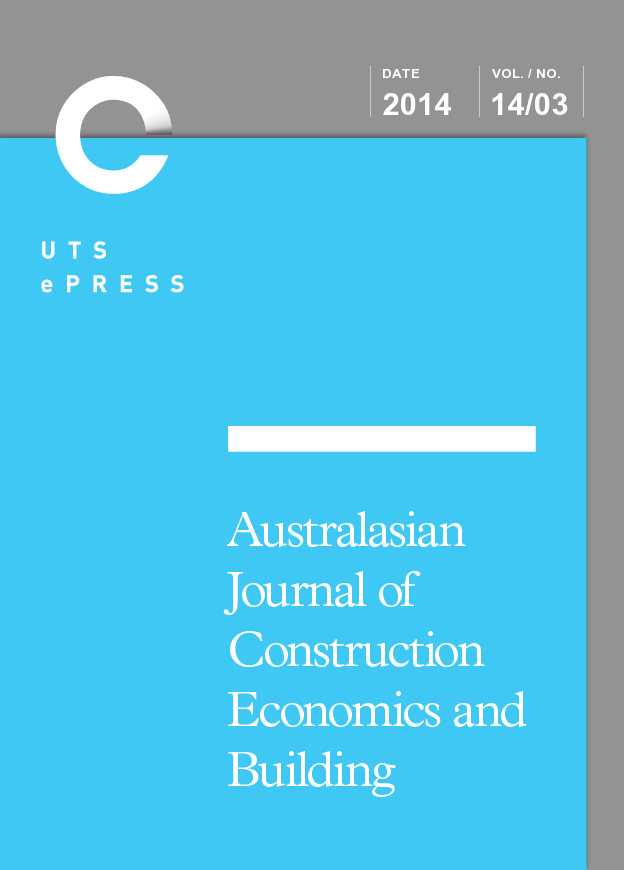Policies to Avoid Cost Overruns in Infrastructure Projects: Critical Evaluation and Recommendations
Main Article Content
Abstract
Many infrastructure projects have cost overruns and there has been a lot of research both on why these cost overruns occur and what can be done to reduce hem. Bent Flyvbjerg is the leading researcher in the area and in this article his proposals are used as the starting point. Besides a literature review, a questionnaire was sent out to experienced Swedish project managers to find out what they thought could reduce cost overruns. The literature review and the questionnaire were the foundation for the proposals formulated in this article. Proposals concerned three areas: (1). Organisational macro-structure, e.g. using more PPP projects but also decentralisation of budgets where cost overruns in one project in a region lead to less alternative projects in the specific region. (2). Organisational quality: It should be easy to see when and where cost overruns occur and who was responsible. There should be a well-developed knowledge management system in the organisation and an organisation culture of openness with a focus on improvements. (3). Organisational processes, e.g. a systematic use of external reviewers in different stages of a project.
Keywords: Cost overruns, Infrastructure projects, Policy measures
Article Details
Section
Authors who publish with this journal agree to the following terms:
a) Authors retain copyright and grant the journal right of first publication with the work simultaneously licensed under a Creative Commons Attribution License that allows others to share and adapt the work with an acknowledgement of the work's authorship and initial publication in this journal.
b) Authors are able to enter into separate, additional contractual arrangements for the non-exclusive distribution of the journal's published version of the work (e.g., post it to an institutional repository or publish it in a book), with an acknowledgement of its initial publication in this journal.
c) Authors are permitted and encouraged to post their work online (e.g., in institutional repositories or on their website) prior to and during the submission process, as it can lead to productive exchanges, as well as earlier and greater citation of published work (See The Open Access Citation Advantage Service). Where authors include such a work in an institutional repository or on their website (ie. a copy of a work which has been published in a UTS ePRESS journal, or a pre-print or post-print version of that work), we request that they include a statement that acknowledges the UTS ePRESS publication including the name of the journal, the volume number and a web-link to the journal item.
d) Authors should be aware that the Creative Commons Attribution (CC-BY) License permits readers to share (copy and redistribute the work in any medium or format) and adapt (remix, transform, and build upon the work) for any purpose, even commercially, provided they also give appropriate credit to the work, provide a link to the license, and indicate if changes were made. They may do these things in any reasonable manner, but not in any way that suggests you or your publisher endorses their use.
